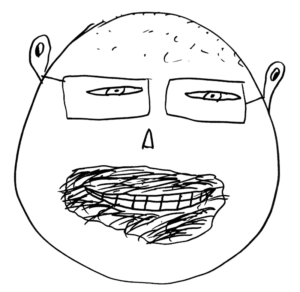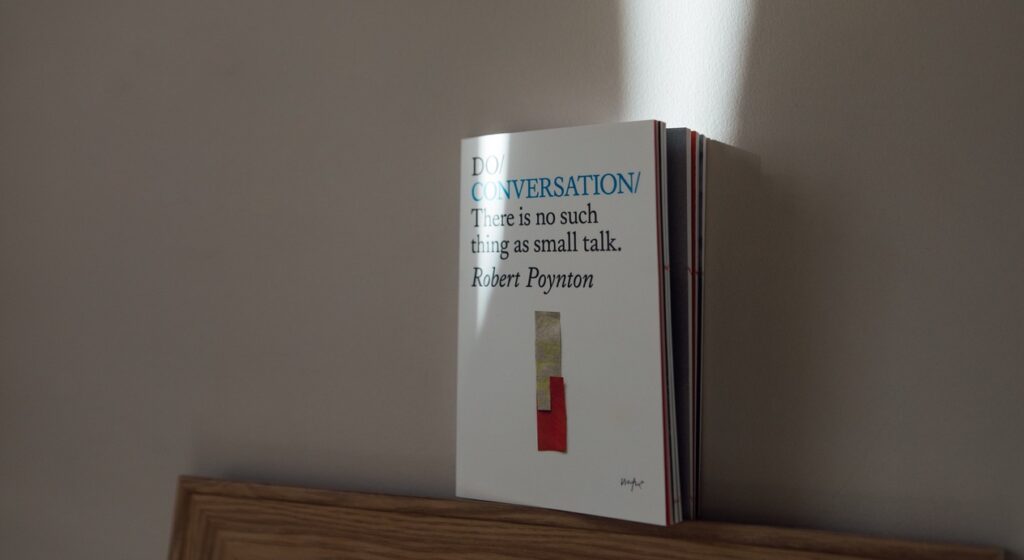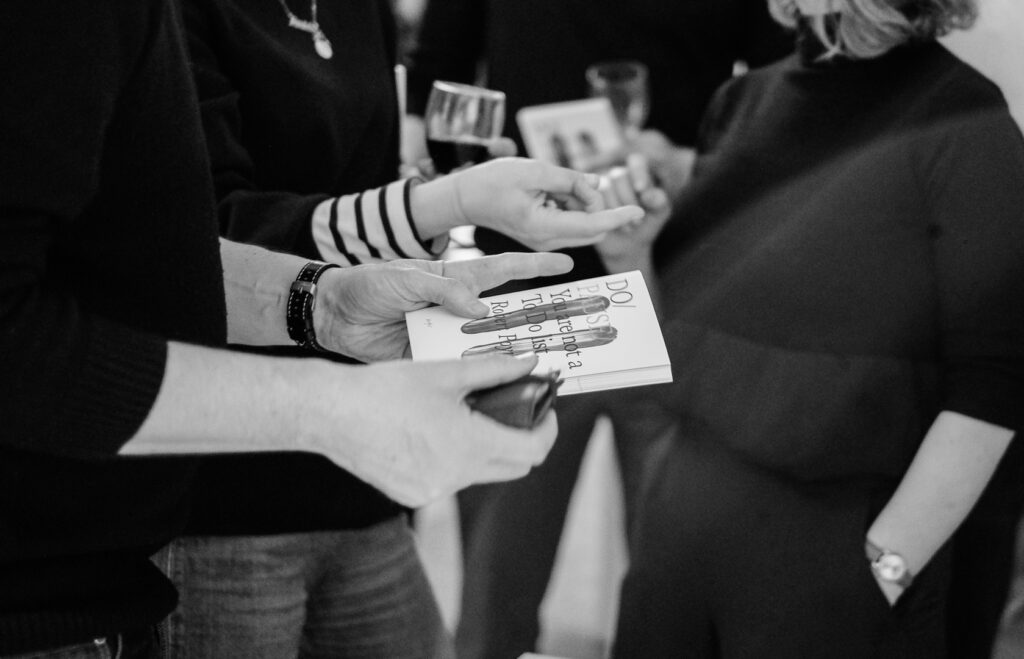What does it means to be a ‘knowledge worker’. The term conjures up an image of cerebral, nerdy, cleverness – of academics, geeks or intellectuals, steeped in learning of a bookish kind. And it suggests, that to stay employable, you need to be studying, acquiring more information, and qualifications, constantly. Which creates a huge amount of pressure and stress, particularly on young people who trying to make their way in an ultra-competitive world.
But is that necessarily so?
As Sir Ken Robinson said, in his famous TED talk, ‘the body is more than just a means of transporting the brain from one meeting to the next’. There is a growing body of scientific evidence (pardon the pun) to support the view that much of our knowledge is embodied. Maybe all of it is?
The language doesn’t help us here. We find it easier to talk about the mind and the body as if they are separate objects, rather than interwoven aspects of an integrated whole. Neuroscientist Candace Pert, in her wonderful book ‘Molecules of Emotion’ refuses to use the words ‘body’ and ‘mind’ separately and instead uses ‘bodymind’ throughout.
This shift has interesting implications for what it means to be a knowledge worker and for how we develop ourselves.
If you body is a source of knowledge then it implies that you need to develop your ability to read, understand and use your body as well as your cognitive and intellectual skills.
People in office life tend not to do this. I mostly work with executives. If they think about their body at all it is probably only in terms of appearance and health – going to the gym or changing their diet is normally the limit of the attention that they pay to their body. It rarely occurs to them that it is a source of information.
So in improv workshops I encourage people to pay attention to what is going on physically. Their bodily sensations provide clues, suggestions and ideas about what to do or how to act, particularly when faced with uncertain, changing circumstances (the so called ‘VUCA’ world – volatile, uncertain, complex and ambiguous). This ability, practised and developed, helps you face complex, changing, human predicaments more effectively than any amount of book knowledge.
Bodily knowledge can be very precise. I have a business school colleague at Oxford who is also a musician. He plays both piano and trumpet. He noticed that the way he got nervous before a performance was very specific. When he was due to play the trumpet his mouth would get dry. If he was going to play the piano his hands would start to tremble. His body knew, quite precisely, what was coming. Take that idea to work. Do you notice what kind of nerves you have? Are they the same in a negotiation as in a performance review? If you could understand what they are telling you better, how might you act differently?
Not so long ago I was talking with a friend about some difficult personal circumstances he is going through with his daughter. It was really helpful to him to realise that he has a huge amount of experience, learning and knowledge (acquired from his own struggles) that he carries with him everywhere – in his body. Rather than trying to ‘work out’ his messy, complex, emotional issue as if it were a maths problem, he realised that instead, he might focus on becoming more adept at allowing his embodied knowledge to guide him. This jars with his profession, which deals in the abstractions of facts and evidence, but to use only the analytic approach he is so accustomed to, is to miss something important. Somatic sensitivity may be as important as intellectual capacity.
Over the weekend I was talking with an entrepreneurial student trying to make his way in the hurly burly world of start ups. Again, it was a helpful idea to him to realise that developing his ideas and his business meant learning to work with his embodied self, not just his intellectual self. Not everything has to be squeezed through the filter of analysis. The history of entrepreneurs bears this out – even financier George Soros says his investment decisions are guided by the feelings he gets in his back.
My own hunch is that this bodily aspect is becoming increasingly important. Over the past few months I hear more and more conversations about the future of work. As machines and algorithms take over, it seems people are in a precarious state when it comes to employment. In a car factory where the product is made entirely by robots, what are people for? As Warren Bennis said, many years ago now: “in the factory of the future there will be a man and a dog. The man is there to feed the dog and the dog is there to stop the man touching the machinery.”
Yet our bodies might be our biggest competitive advantage. Not as a muscular force but as an intelligent one. We may not be able to outperform robots or computers when it comes to physical or computational power but our bodies, which provide a different kind of processing from our conscious minds, give us all sorts of knowledge and information (often through emotions) that allow us to have build empathy, connection, meaning and relationships. In other words, the things that really matter to us. Machines can’t do this. However, just because you have a body doesn’t mean you know how to read it or use it with any degree of skill. This is something you have to develop.
To do so we need to appreciate that there are different kinds of knowledge that show up in different ways. The body and the sensations it provides are an incredibly powerful source of information that we routinely ignore or dismiss. It may be true that bodily knowledge is no substitute for intellectual knowledge – but then intellectual knowledge is no substitute for bodily knowledge either. The two are complements not alternatives.
We should spend more time paying attention to our physical sensations and what the body tells us. This knowledge is sensory, subtle, tacit, and nuanced. It is accumulated through experience and we carry it with us everywhere. It is every bit as useful and important as facts and data and quotations and numbers.
The future belongs to those who know how to work with their body as well as their mind.




